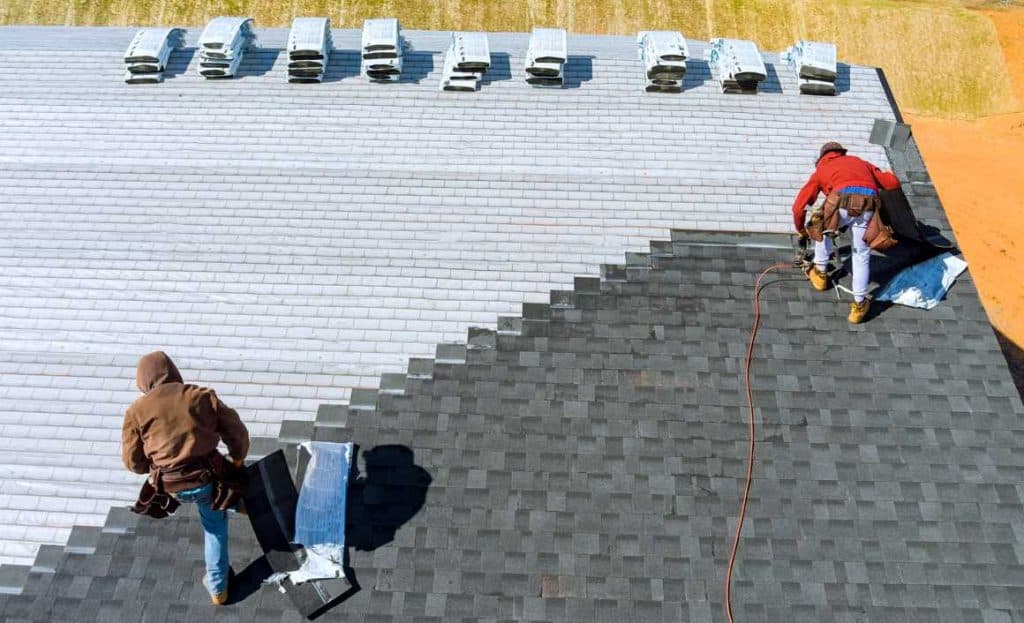How to Start a Home Improvement Business In Texas
Here is some information on how to register and start a home improvement business in the state of Texas. This could include any type of home improvement contractor such as masonry, roofing, plumbing, electrical, landscaping, construction, HVAC, etc. Make sure you do your own thorough research, as laws change regularly. Here are some steps you may have to take (not necessarily in order) to start your own home improvement business, along with links to more information.
Here is a website that will help if you want to start a business in Texas: Start a Business In Texas

1. Register your business name.
Find out more about registering a fictitious name here: Registering a Business Name In Texas
2. Select your business structure.
Sole-proprietor, LLC, Partnership, Corporation, etc. Find out more here: Selecting a Business Structure In Texas
3. Register your business.
You can register your business with the state of Texas here: Texas Business Registration
4. Open a Business Checking Account.
You will need to open a separate bank account for your business with your new business name.
5. Find out about taxes, hire an accountant.
You may want to file your own taxes if you are a small company. As you grow, it will be easier to have an accountant do the work. More information about taxes here:
6. Get Liability Insurance.
Find an insurance agent that offers liability insurance. Make sure you specify what types of jobs you plan to do as a contractor, as this can affect the pricing structure you are offered. You may want to shop around, as prices and options can vary.
7. Worker’s Compensation.
The insurance agency that provided your liability insurance should be able to help with this. You don’t need Worker’s Compensation unless you have employees.
8. Get Health Insurance.
Since you will be self-employed, you will need your own health insurance. If you want to have employees, you will need a plan that will include their health needs also.
9. Licenses and Certifications.
Make sure you are properly licensed and/or certified to perform certain home improvement installations and repairs.
10. Register as a Contractor
Check with your local government to see if you need to register as a contractor.
11. City License.
You may be required to obtain a license to do business in a particular locale, whether you are a resident, or not.
12. Permits.
Depending on the locale, you may need to apply for permits before commencing certain types of construction jobs.
13. Building Code and Inspections.
You must be aware of building codes for your particular job, and may be subject to inspections.
14. OSHA.
Depending on how many employees you have, you may need to follow OSHA regulations. http://www.osha.gov





